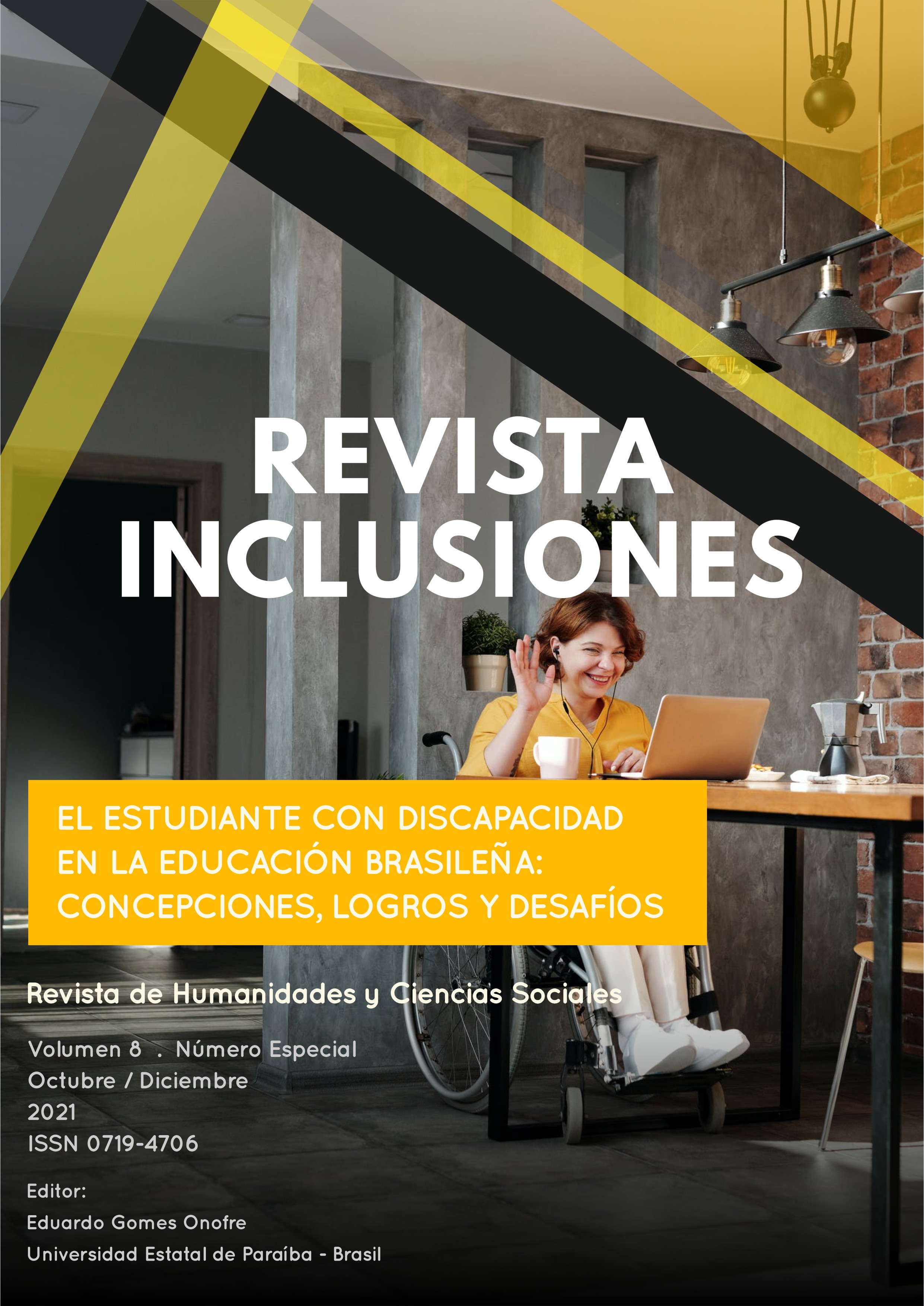THE ACQUISITION OF THE PORTUGUESE LANGUAGE AS A SECOND LANGUAGE BY BRAZILIAN DEAF STUDENTS: WHAT DO WE EXPECT FOR THE FUTURE?
Abstract
This study draws reflections on the barriers encountered by the deaf in their acquisition of the
Portuguese language and on the possible actions that can be taken to overcome these problems and
obstacles. The study has a qualitative approach with a bibliographic character and follows the
guidelines of Triviños (2010). We sought to base our discussions on authors such as Quadros (1997,
2005, 2019), Alves (2019), Stumpf et. al (2020), Reis and Morais (2020), Almeida (20021), among
others. The data show that the acquisition of the Portuguese language by deaf students does not
follow the same steps as that of the hearing students. In addition, it was possible to identify that the
acquisition of sign language and signwriting are important for strengthening the acquisition of the
Portuguese language. In this context, factors such as maturational differences while learning
Portuguese, mastering Brazilian sign language, and family and school stimuli are important in the
acquisition process.
Downloads
Published
How to Cite
Issue
Section
License

This work is licensed under a Creative Commons Attribution 4.0 International License.
Authors retain copyright and grant Revista Inclusiones the right of publication under Creative Commons Attribution 4.0 International (CC BY 4.0). This allows use, distribution, and reproduction in any medium, provided proper attribution is given to the author.











